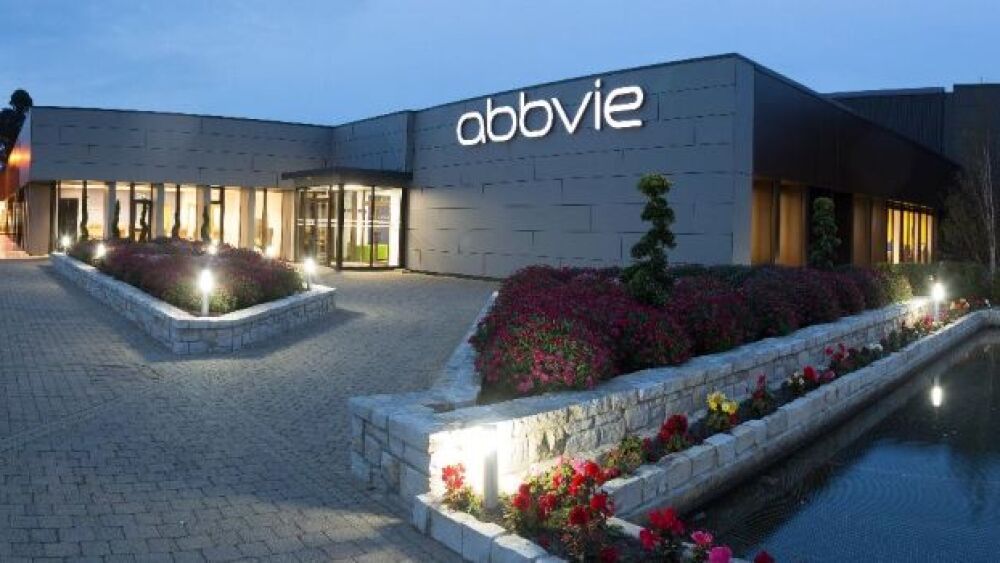The report suggests that AbbVie’s sales will be approximately $65.7 billion within the next six years, with Roche right behind at $65 billion.
For years, AbbVie’s Humira has been the top-selling drug globally, generating about $20 billion in annual revenue. Next year, the company will lose the thicket of patents protecting the drug from biosimilar competition in the United States, which will put a dent in that revenue stream. Despite that expected loss, the Illinois-based company is poised to achieve the top position within the industry, according to a new forecast from Evaluate Pharma.
Evaluate has pegged AbbVie to become the biggest pharma company by prescription sales in 2028, surpassing Swiss pharma giant Roche. The latest report suggests that AbbVie’s sales will be approximately $65.7 billion within the next six years, with Roche right behind at $65 billion.
According to the prediction, although Humira will see its mega-blockbuster-like sales begin to diminish with biosimilar competition, the anti-TNF drug used to treat a myriad of inflammatory diseases such as rheumatoid arthritis will remain in high demand. Additionally, income will be bolstered by sales of Rinvoq, the company’s JAK inhibitor, as well as sales of Skyrizi and cancer drug Venclexta.
In the company’s first-quarter report, AbbVie Chief Executive Officer Richard Gonzales touted the success of Skyrizi and Rinvoq, both seen as successors to Humira. Net revenues for Skyrizi were $940 million, an increase of 63.7% on a reported basis. Rinvoq sales across the globe were $465 million, an increase of 53.6% on a reported basis. Although sales of Humira slid, particularly in Europe, where biosimilar competition is already ramping up, the drug generated $4.7 billion during the first quarter.
In addition to those medications, AbbVie is also seeing success with Vraylar (cariprazine), which has been approved for the treatment of bipolar disorder and schizophrenia. The company hopes to win approval for an additional indication for major depressive disorder.
AbbVie also has a powerful migraine pipeline driven by Qulipta (atogepant), an oral calcitonin gene-related peptide (CGRP) receptor antagonist, as well as Botox.
Although Roche is a massive company with a broad pipeline, Evaluate Pharma noted that the company’s investment in the TIGIT blockade could be a detriment based on a recent Phase III readout in non-small cell lung cancer. Roche subsidiary Genentech reported that its Phase III Skyscraper-01 trial assessing tiragolumab failed to meet its co-primary endpoint of progression-free survival. That failure followed poor data from the Phase III Skyscraper-02 study assessing a combination of tiragolumab and Tecentriq as first-line therapy for extensive-stage small cell lung cancer (ES-SCLC). As BioSpace reported, that study failed to meet the co-primary endpoint of progression free survival.
The prediction also pegged Johnson & Johnson for third place with $62.3 billion in sales, followed by Merck at $59.7 billion and Pfizer at $57.1 billion.
Featured Jobs on BioSpace





